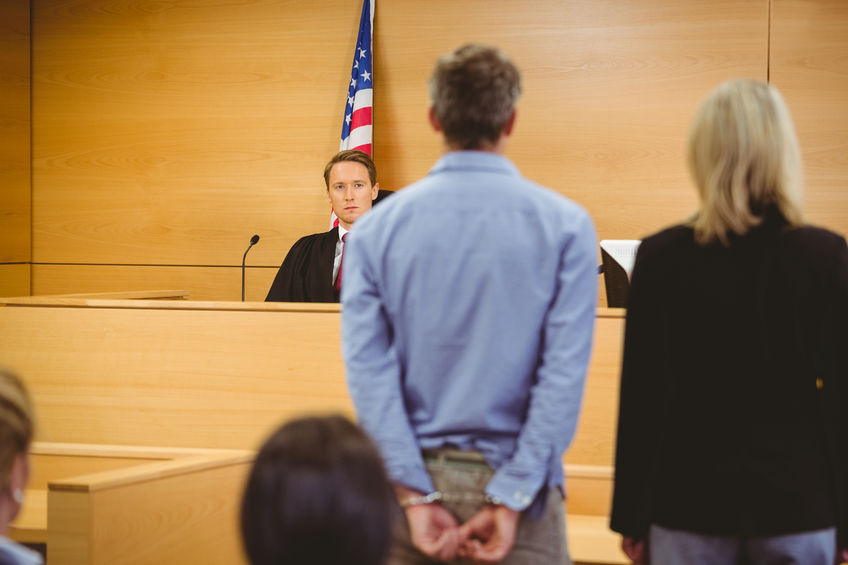If you’re facing criminal charges in Oklahoma and have ties to a Native American tribe or the alleged crime happened on tribal land, you may be wondering whether you can be prosecuted in both tribal court and state court. This concern is especially common in areas like Tahlequah and Cherokee County, where state, tribal, and federal jurisdictions often overlap.
Understanding Tribal, State, and Federal Jurisdiction in Oklahoma
Jurisdiction in Oklahoma changed significantly following the U.S. Supreme Court’s decision in McGirt v. Oklahoma (2020), which recognized that much of eastern Oklahoma remains Native American reservation land for purposes of criminal prosecution.
As a result, state courts may not have jurisdiction to prosecute certain crimes involving Native Americans within tribal boundaries. Instead, these cases may fall under the jurisdiction of tribal or federal courts.
When Dual Prosecution Is Possible
The U.S. Constitution prohibits double jeopardy, meaning the same government cannot prosecute someone twice for the same offense. However, it permits dual prosecutions when separate sovereigns—such as a tribal nation and a state or the federal government—each bring charges. Courts refer to this as the “dual sovereignty doctrine.”
Under this rule, you may be prosecuted in both tribal and state (or federal) court for the same offense if:
- One prosecution is brought by a tribal government, and the other is brought by a state or the federal government.
- Each is a separate sovereign court with its own authority to enforce laws.
For example:
- If a tribal member commits an offense on tribal land, the tribe may prosecute the individual under its own laws.
- If that same act violates state law, and state jurisdiction applies (e.g., non-Native offender, non-Native victim), Cherokee County prosecutors may also bring charges.
- If the crime involves a Native American victim and a Native American defendant on tribal land, federal prosecutors may also file charges under the Major Crimes Act.
Key Jurisdictional Questions
To determine where and how prosecution occurs, courts look at several questions:
- Is the defendant a Native American?
- Is the victim a Native American?
- Did the alleged crime occur within Indian Country (e.g., Cherokee Nation reservation)?
- Does the offense fall under the Major Crimes Act (18 U.S.C. § 1153) or other federal statutes?
These questions help decide whether the case belongs in Cherokee Nation Tribal Court, Cherokee County District Court, or Federal court. If you are facing charges in both courts, you’ll likely need legal counsel experienced in both tribal law and state or federal criminal law. Each court system has its own procedures, sentencing rules, and potential consequences.
Tahlequah Tribal Lawyers
Navigating overlapping tribal, state, and federal jurisdiction can be extremely complex, but we understand the unique legal issues that arise when tribal sovereignty and state prosecution intersect. Here at Tahlequah Lawyers, we’re proud to serve the members of the Cherokee Nation and other Oklahoma tribes with respect, integrity, and unwavering advocacy. Call 539-867-2321 today for a free and confidential consultation with one of our tribal law attorneys, or click here to ask your question online.

